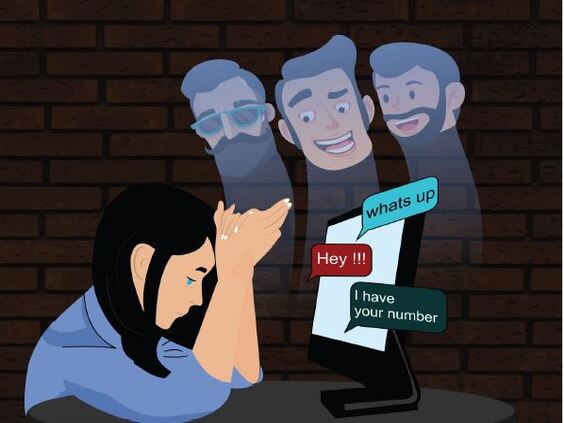
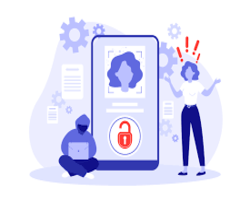
As a policeman, your mission is to protect citizens. But in today’s digital world, the protector must also protect themselves. With the rise of cyber threats like doxxing, police officers across India—and the world—are increasingly at risk.
Doxxing (derived from "dropping documents") is the act of publicly revealing personal information—such as your full name, phone number, address, photos, or even family details—without your consent, usually with malicious intent.
What makes it dangerous is how personal the attack is. For police officers, this exposure can turn into threats, intimidation, and even physical danger. It's not just about data—it's about your life, your family, and your job.
Why Policemen Must Take Doxxing Seriously
Unlike ordinary citizens, law enforcement officers represent authority. That makes them prime targets for online harassment, political backlash, or retaliation from criminal elements. And India is not immune.
- A 2023 report by India Today highlighted a 300% surge in cyber harassment targeting government employees, including police personnel.
- In a recent case from Uttar Pradesh, a constable’s photo and contact number were leaked after he intervened in a local political protest. The result? Over 1,000 abusive messages in 48 hours.
- Globally, a 2021 INTERPOL cybercrime report identified doxxing as one of the top 5 threats faced by frontline officers in democratic nations.
What Doxxers Are After – The Police Context
Doxxers target information like:
- Full name and rank
- Police ID numbers
- Home address or phone number
- Family details
- Internal memos or photos in uniform
- Personal photos from social media
Their intent? Often to intimidate, shame, or incite others to harass or threaten the officer. In extreme cases, this has led to physical attacks.
Red Flags: How to Spot That You’re Being Doxxed
- Receiving unexpected calls or messages from unknown numbers
- Anonymous emails with threats or your private details
- Your information appearing on protest posters or online hate groups
- Sudden tagging in abusive social media posts using your full name or photo
- Family members receiving prank calls or threats
Many victims also experience emotional stress:
- Anxiety before checking messages
- Depression or mood swings when using devices
- A sense of fear or helplessness in public spaces
How to Protect Yourself from Being Doxxed
As a policeman, you already operate in risky zones. But cyberspace shouldn’t be one of them. Here's how to shield your digital identity:
1. Limit What You Share
- Avoid posting personal photos in uniform unless officially sanctioned.
- Never share your home address or contact on platforms like WhatsApp groups, forums, or social media bios.
- Ask your family to avoid tagging or naming you publicly online.
2. Strengthen Your Digital Walls
- Use strong, unique passwords for every online account.
- Enable Two-Factor Authentication (2FA) for email and social media platforms.
- Avoid using official email addresses on non-governmental platforms.
3. Go Private Where It Matters
- Set social media profiles to private. Avoid accepting friend requests from strangers—even if they share mutual contacts.
- Disable location sharing on apps like Instagram, Facebook, and Google.
4. Use a VPN
- A Virtual Private Network (VPN) masks your IP address, preventing websites and hackers from tracing your physical location.
- Government-approved VPNs can add an extra layer of anonymity when accessing sensitive or public forums.
5. Create a Digital Alias
- Consider using a nickname or alternate email for personal online activity unrelated to your job.
- Don't use your badge number or posting station on any public profile.
What to Do If You’re Doxxed
Even with precautions, things can go wrong. If your data is leaked, act fast:
1. Preserve the Evidence
- Take screenshots of any messages, posts, or threats.
- Save the URLs and timestamps.
2. File a Cyber Complaint
- Visit your nearest cybercrime police station, or file an anonymous complaint at cybercrime.gov.in.
- Share all evidence—screenshots, links, messages, and any suspect names.
3. Report to Platforms
- Use in-app tools to report doxxing on Facebook, Instagram, Twitter (X), or WhatsApp.
- Platforms are legally required to respond to serious safety issues under India's IT Rules, 2021.
4. Protect Your Family
- Inform your family members not to engage with unknown callers or messages.
- Consider changing mobile numbers or enabling call filters temporarily.
Legal Protection in India Against Doxxing
While India doesn’t yet have a standalone law for doxxing, several provisions under the Indian Penal Code (IPC) and Information Technology (IT) Act offer protection:
|
Law/Section |
Covers |
|
Section 66E, IT Act |
Violation of privacy through publishing images or personal content |
|
Section 354D, IPC |
Stalking (digital included) |
|
Section 507, IPC |
Criminal intimidation via anonymous communication |
|
Section 499, IPC |
Defamation |
Police officials are also protected under special acts in case the doxxing is connected to duty discharge or anti-police propaganda.
You’re Not Alone
The psychological toll of being doxxed can be immense. If you're struggling, reach out to:
- Police Welfare Officers or designated senior officers
- Mental health counselors under the Police Welfare Fund
- Cybersecurity NGOs or foundations offering confidential support
The Need of the Hour: Cyber Hygiene Training for Law Enforcement
Given the rise in digital crimes, every police station should initiate regular cyber hygiene awareness sessions. Topics should include:
- Social engineering tactics
- Securing personal devices
- Family cyber safety
- Responding to cyberbullying and harassment
Suggestion:
“Just like you wear a bulletproof vest on duty, you must wear a digital shield off duty. A secure cop is a strong cop.”
Final Thoughts
Doxxing isn’t just an online prank—it’s psychological warfare. And police officers are now frontline targets in this invisible battle.
The best defense is awareness, preparedness, and quick action. Treat your digital identity with as much care as your badge—because both are symbols of your service and sacrifice.
Stay alert. Stay protected. Because the force needs you safe—online and offline.
Cybercrime is not just a threat to the common man. It’s a silent war being waged on law enforcement too. Stay vigilant, stay secure.
Cyber Hygiene Foundation
- CyberAwareness CyberSafety PersonalDataProtection SafeInternetForAll CyberHygieneForAll ITSecuritySolutions
You May Also Like It
Understanding the Growing Threat of Loan Frauds Loan frauds have become
In your role as protectors of law and order, you
Leave A Comment
Don’t worry ! your e-mail address will not published.


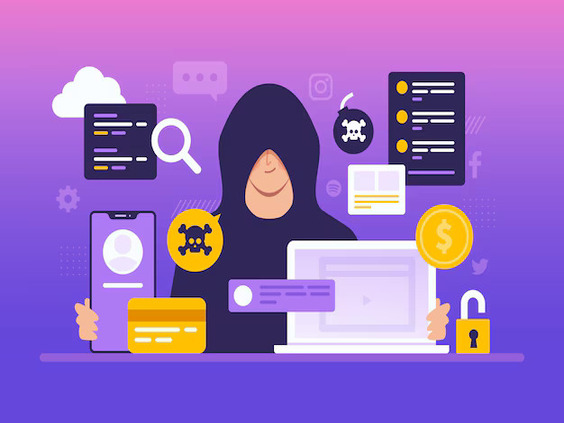



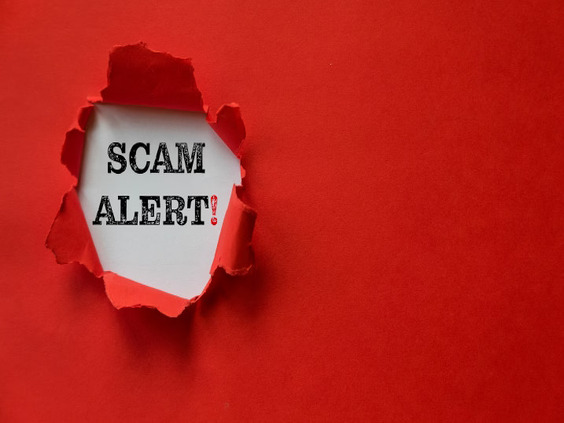
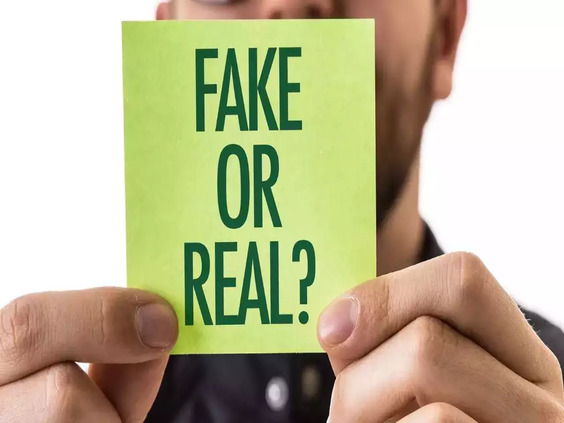
0 Comments